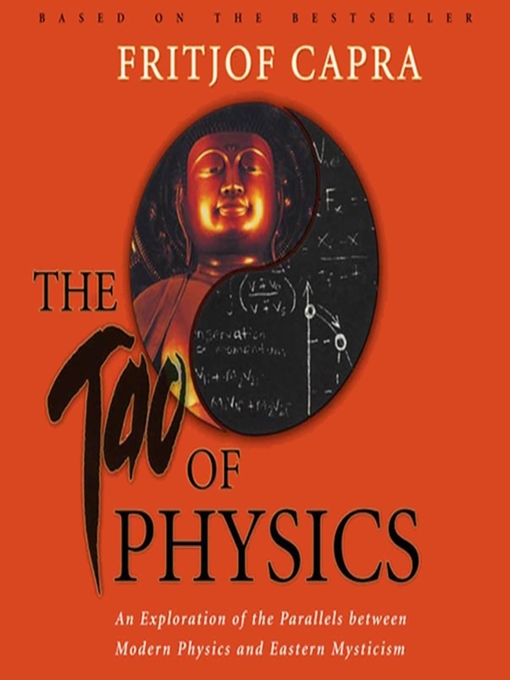"Science does not need mysticism and mysticism does not need science, but man needs both." —Fritjof Capra, Ph.D.
Their paths to the truth could not be more different—but the amazing thing is that, in their own ways, the mystics and the scientists are discovering the same truths about our world. In non-technical language, with no complex mathematics or formulae, this thought-provoking program explores the main concepts and theories of modern physics, the revelations coming from particle accelerators and laboratories—and compares them with the ancient tenets of Hinduism, Buddhism and Taoism. In the process, we gain a clear and fascinating picture of how such seemingly disparate areas of thought are ultimately quests for the same kind of understanding.
- Available now
- New eBook additions
- New kids additions
- New teen additions
- Most popular
- Try something different
- Personal Finance
- See all
- Available now
- New audiobook additions
- New kids additions
- New teen additions
- Most popular
- Try something different
- See all
- Popular Magazines
- Just Added
- Cooking & Food
- Home & Garden
- Health & Fitness
- Fashion
- News & Politics
- Hobbies & Crafts
- Celebrity
- Technology
- Cars & Motorcycles
- Family & Parenting
- Sports
- See all


